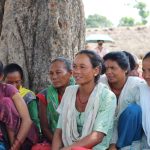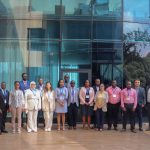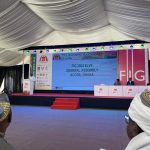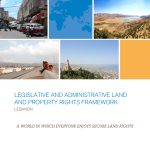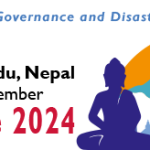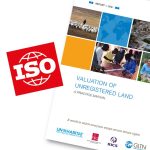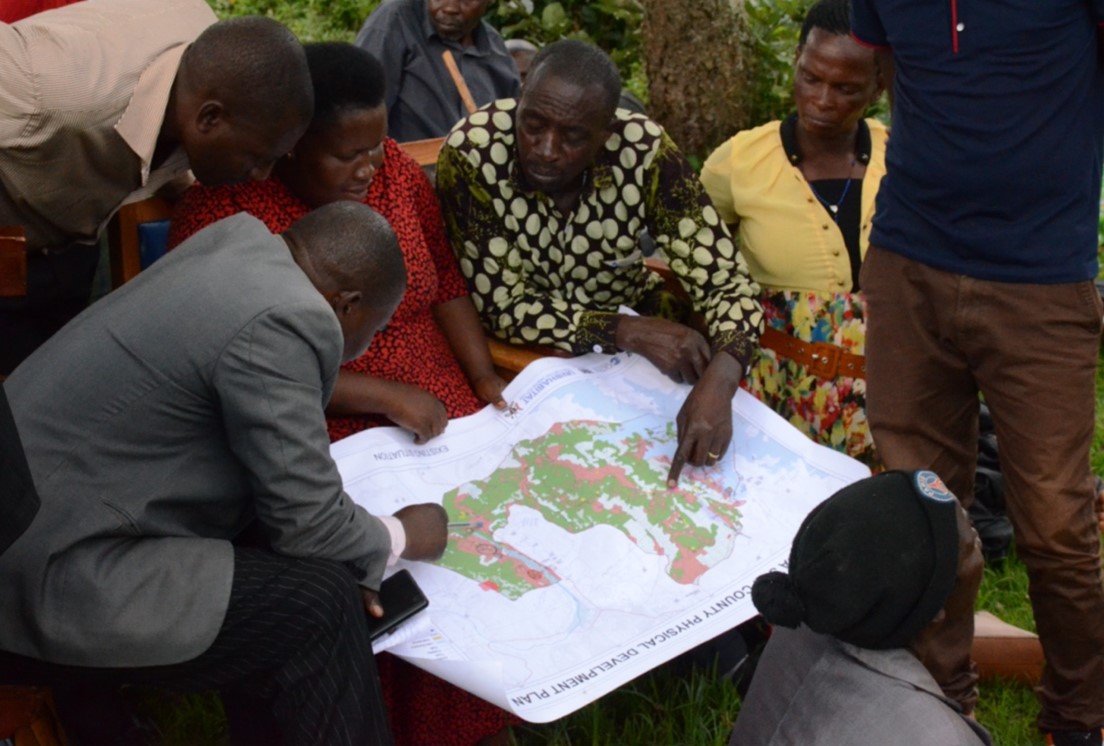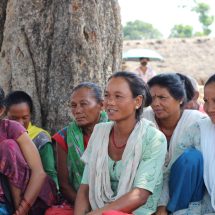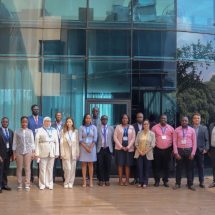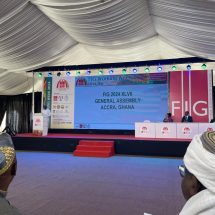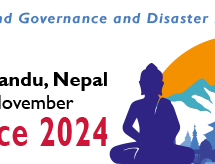A significant step towards promoting tenure security, food security, and environmental sustainability has been taken under the ‘Scaling community-based land registration and land use planning on customary land in Uganda’ project. A multi-stakeholder workshop on 24th May 2023 in the Kigezi sub-region brought together key actors involved in community-based land registration and land use planning on customary land. The workshop served as a platform for knowledge exchange, collaboration, and the development of strategies to address land-related challenges in the region.
Kigezi Sub-Region is renowned for its fertile lands and breathtaking landscapes, making agriculture the backbone of the local economy. However, Kigezi faces complex issues related to land tenure, including insecure land rights, land disputes, and unsustainable land use practices. Recognizing the need for a comprehensive approach, community-based land registration and land use planning on customary land in Kigezi sub-region project emerged as a key initiative for learning.
The workshop, organized under the auspices of local authorities and in collaboration with Makerere University, Ministry of Lands, Housing and Urban Development with support from GLTN and the Netherlands Enterprises (RVO), brought together representatives from government agencies, civil society organizations, community leaders and land rights experts. The workshop aimed to foster dialogue, share experiences, and develop strategies to strengthen the region’s tenure security, food security, and environmental sustainability, particularly in Kabale district.
Participants shared successful experiences and best practices from similar initiatives implemented in other regions of the sub-region and beyond. These case studies provided valuable insights into practical approaches for land registration and land use planning on customary land, fostering inspiration and learning.
On policy development, the workshop participants discussed policy frameworks and legal reforms to support environmental sustainability, food security and tenure security. Participants engaged in constructive debates, identifying gaps and proposing recommendations to enhance the legal environment for securing land tenure, food production, and environmental conservation.
The workshop catalyzed forging partnerships among stakeholders. Government agencies, civil society organizations and community leaders agreed to forge collaborative partnerships to streamline efforts, share resources and align their objectives towards achieving sustainable land management and livelihoods.
Community engagement was promoted throughout the workshop where the voices of local communities were amplified ensuring their active participation in decision-making processes. Their firsthand experiences and perspectives were integrated into the discussions, emphasizing the importance of inclusive approaches to address tenure security, food security, and environmental sustainability.
This workshop marked a significant milestone in securing tenure rights, enhancing food production, and promoting environmental sustainability. The outcomes will inform the development and implementation of community-based land registration and land use planning initiatives, ensuring the protection of customary land rights and the sustainable use of resources.
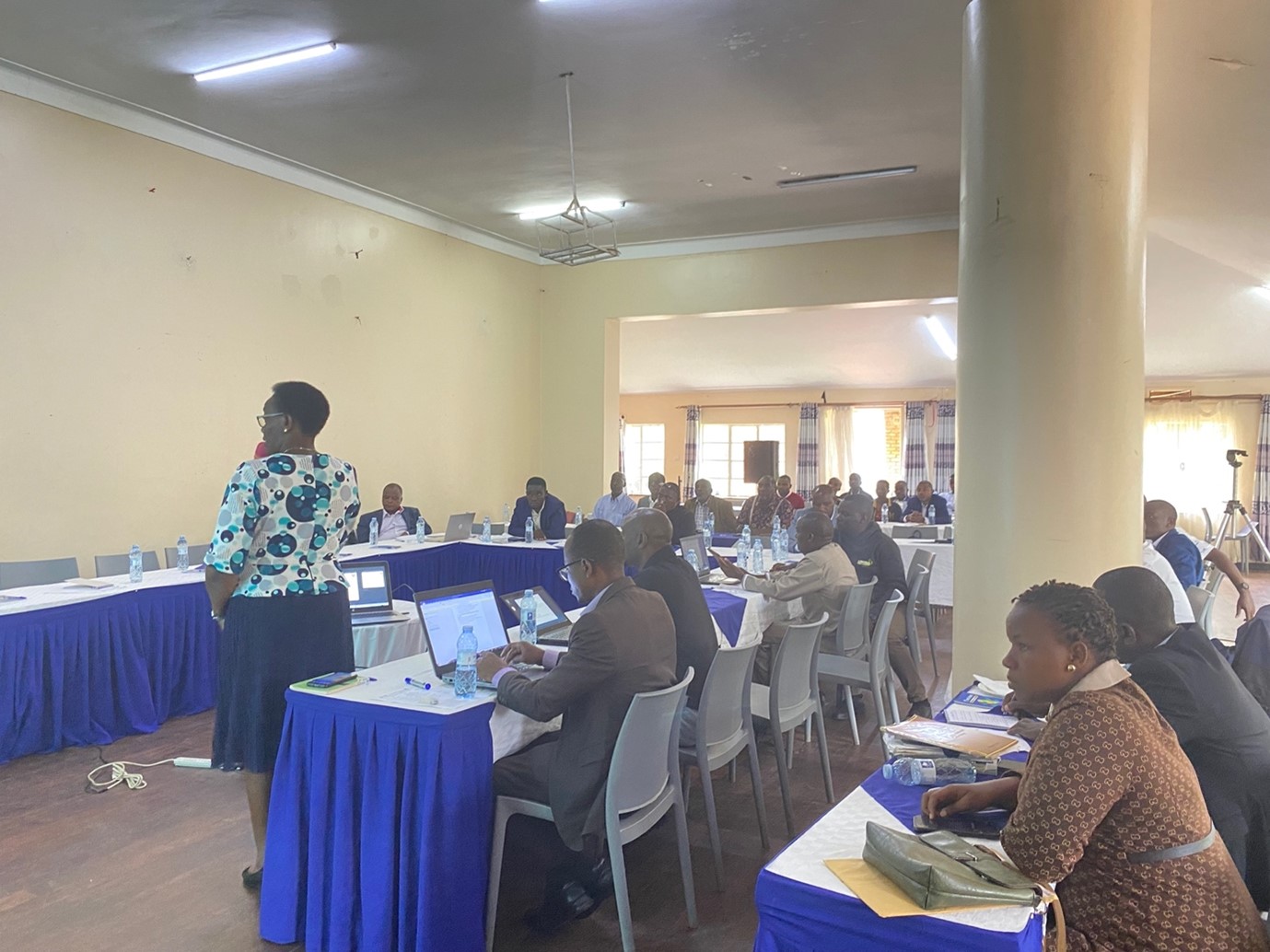
Kitumba sub-county in Kabale district is poised to become a model for other districts in the Kigezi sub region facing similar land-related challenges by prioritizing collaboration, knowledge exchange, and community engagement. The workshop’s success is a testament to the power of multi-stakeholder engagement and the collective commitment to creating a more equitable and sustainable future for all.
The workshop provided a platform for diverse actors to come together, share knowledge, and develop strategies to address tenure security, food security, and environmental sustainability challenges. Through collaborative efforts, the region is poised to achieve sustainable land management, strengthen livelihoods, and safeguard the rights of communities living on customary land. As the initiatives unfold, sustaining the momentum generated by the workshop and ensuring continued engagement among all stakeholders to bring about positive, lasting change in Kigezi and beyond is crucial.

